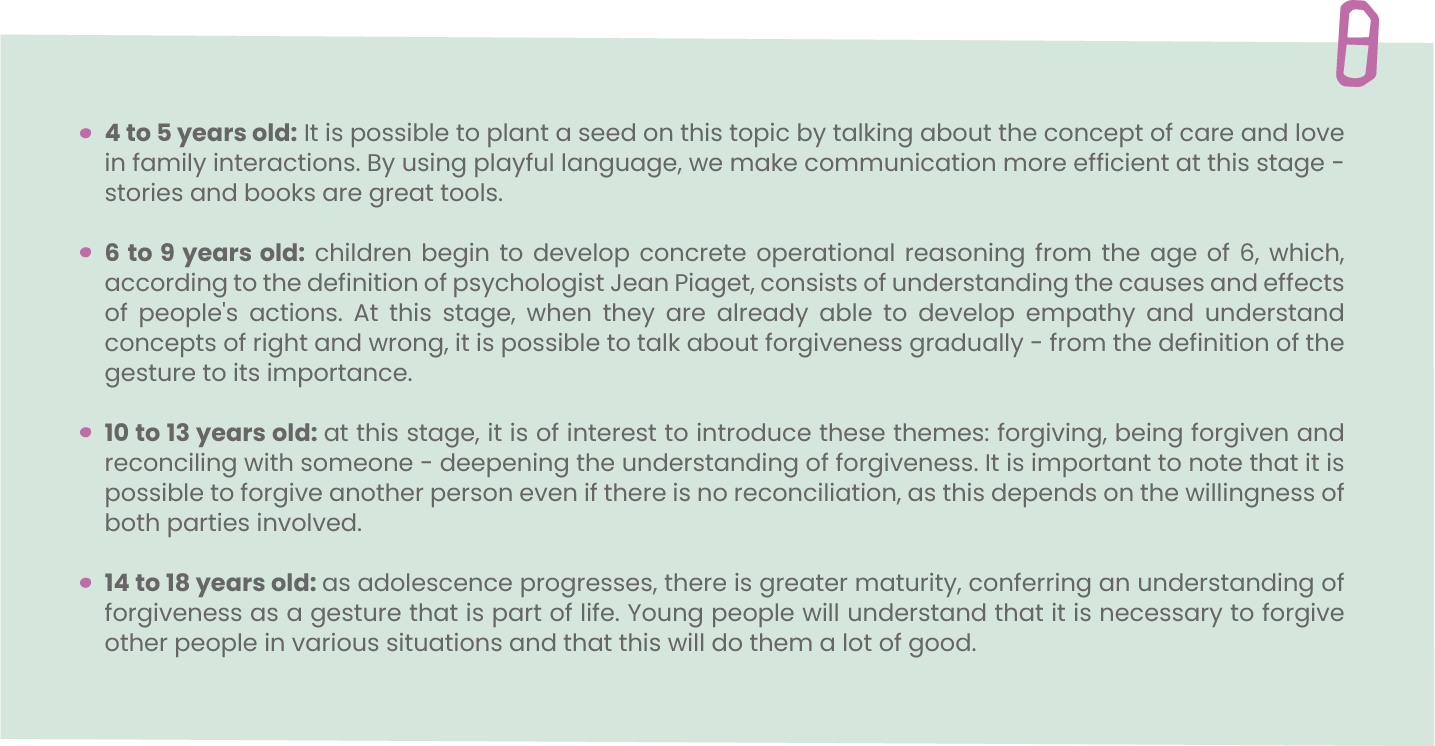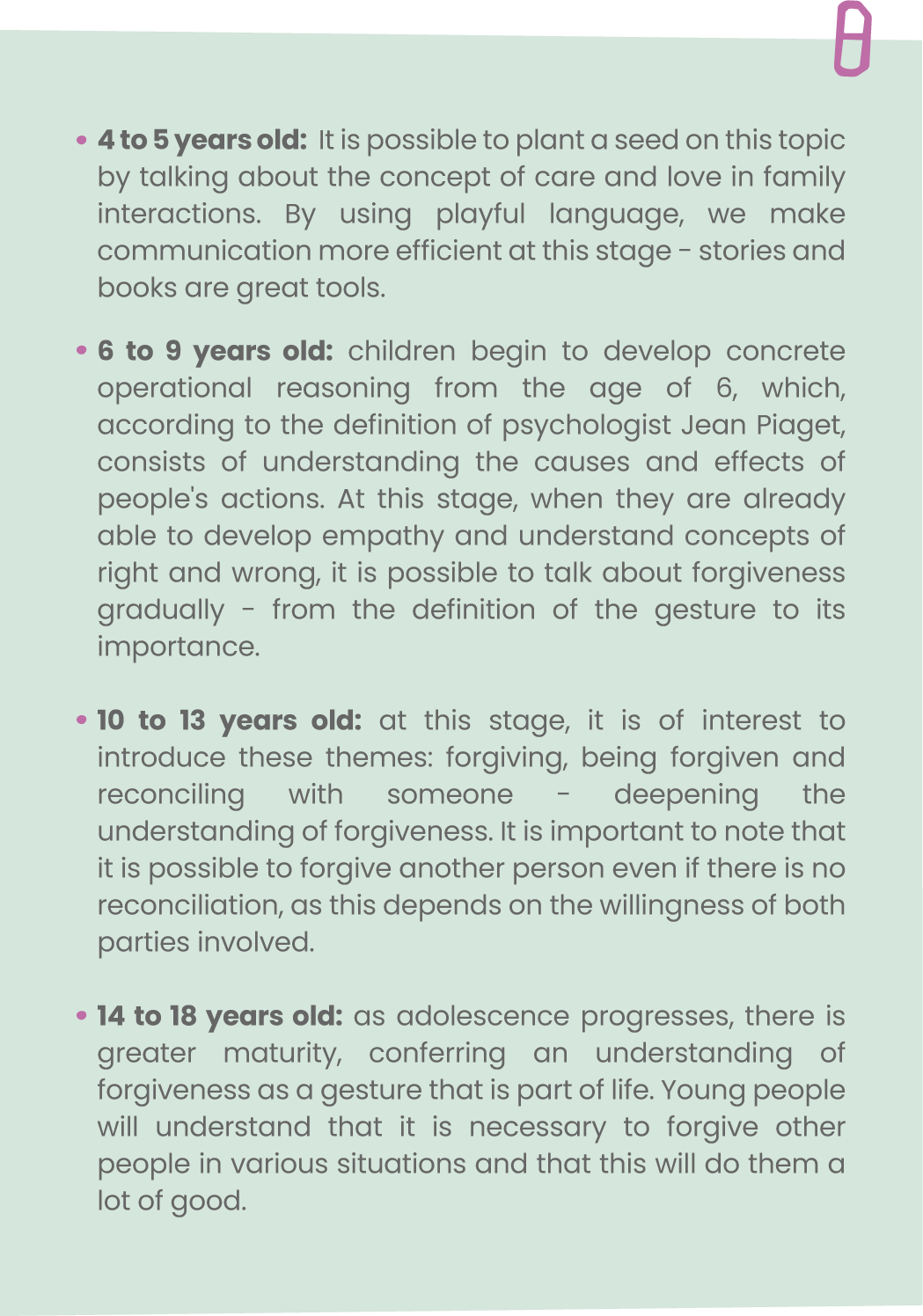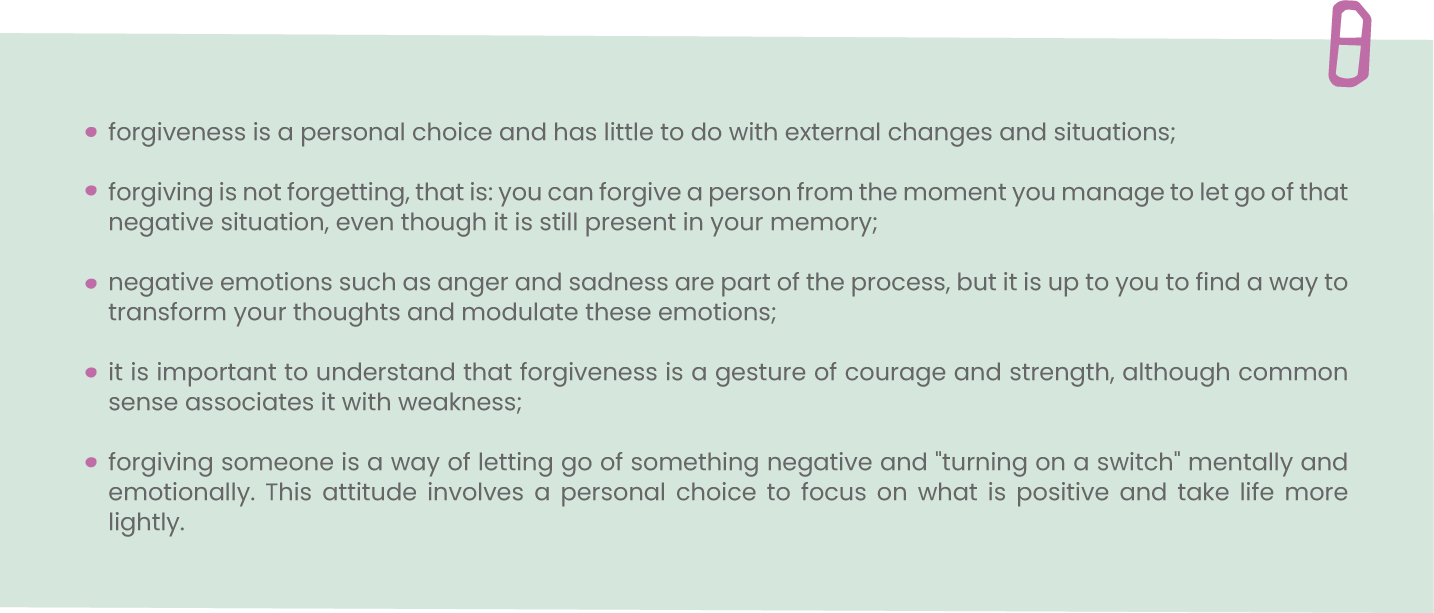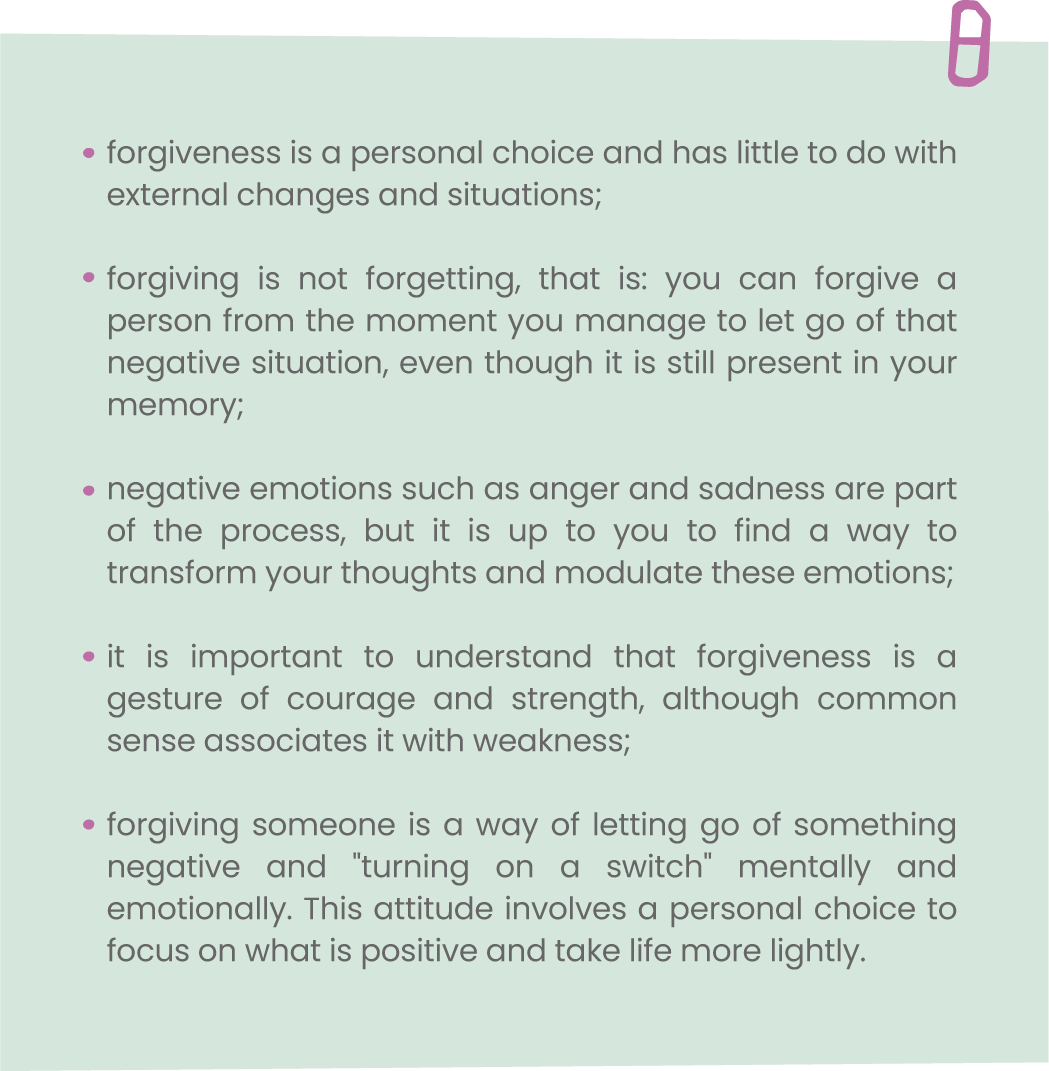
When was the last time you forgave someone? This gesture, seen as a noble act, is more beneficial than many imagine. Understanding this idea can make a difference in living a healthier life. Science has shown that the power of forgiveness is real and can strengthen physical and mental health. Want to explore more about the importance of mental health care? Check out our articles.
Studies point to the relationship between the willingness to forgive and stress levels. Research published in the Journal of Health Psychology has shown that people with a greater tendency to forgive suffer less from the influence of stress on their mental health. Other studies reveal that forgiveness helps regulate blood pressure and heart rate, as well as improving sleep quality and even impacting longevity.
The production of hormones and management of negative feelings that arise after an offense are factors that can compromise well-being. It is natural for the reaction to involve anger, shame, indignation and sadness, which may lose strength to the extent that there is a willingness to forgive. Otherwise, these emotional states can gradually contribute to the development of anxiety or depression.
What is our capacity to forgive?
There is another recent study focused on people’s perception of forgiveness. The results show:
- older people are more willing to forgive;
- the greatest difficulty in forgiving occurs in connection with people very close to us who offend us in some way;
- most respondents see forgiveness as a source of well-being, a sentiment that corroborates scientific findings.
A power to be developed
The research data that point to age as a factor in increased willingness to forgive deserves some reflection. It is inevitable that children and adolescents experience disappointment and pain caused by other people’s attitudes.
At home or at school, conflicts often arise and are part of emotional development. Caregivers or educators must guide children and young people towards finding a solution to their issues, but this process becomes more fluid to the extent that we encourage a predisposition to forgive from an early age.
To stimulate this socio-emotional skill, we must take into account the best approach for each age. Here are some tips to help children and teenagers develop the ability to forgive.


In studies carried out to highlight the positive impact of forgiveness on children and adolescents, greater empathy was observed, in addition to a lower tendency towards aggression and hostility directed at peers.
Developing the ability to forgive was positive even from the point of view of academic performance, in addition to strengthening children’s positive feelings towards teachers, family and peers.
We learn every day
There are some initiatives that can help people of all ages to forgive more and enjoy the benefits on the body and mind. It is true that this process can be quite complex, as it involves values, feelings and various emotional issues – situations considered more serious would probably leave a scar, even if the person manages to forgive the person who “hurt” them. But certainly, this exercise is valid in order to obtain a better quality of life and serve as an example to the younger ones. There are some points of reflection that can show the way to being able to forgive someone:












